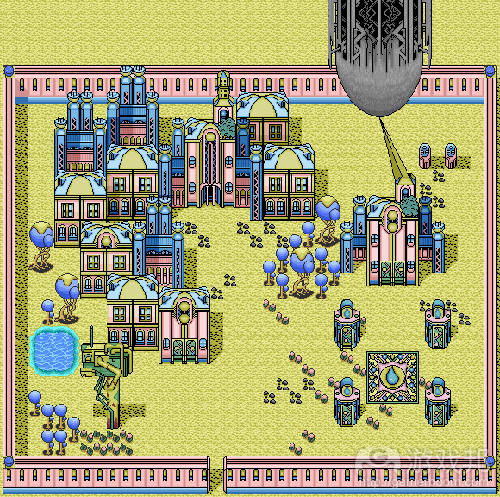来源:小编 更新:2024-12-23 03:55:31
用手机看

With the rapid advancement of technology, video games have become an integral part of modern life. The allure of virtual worlds, engaging storylines, and the thrill of competition has led many to develop a deep and sometimes unhealthy obsession with gaming. In this article, we delve into the reasons behind this gaming obsession and its impact on individuals and society.

One of the primary reasons for the gaming obsession is the immersive experience that virtual worlds offer. These worlds are meticulously crafted to provide a sense of realism and excitement that is often hard to find in the mundane aspects of everyday life. From expansive fantasy realms to futuristic sci-fi settings, gamers are drawn to these virtual escapades, often losing track of time and reality.

Video games have evolved from simple pixelated adventures to complex narratives that rival those of the most popular novels and movies. The engaging storylines, well-developed characters, and emotional arcs keep players invested in the game's world. This storytelling aspect is a significant factor in the gaming obsession, as players become deeply connected to the virtual characters and their journeys.

Competitive gaming, also known as esports, has gained immense popularity in recent years. The thrill of competing against others, the pressure to perform, and the potential for glory are all factors that contribute to the gaming obsession. Many players find themselves spending countless hours honing their skills and participating in online tournaments, often at the expense of their personal and professional lives.

Video games have become a social activity, with many players forming lasting friendships and communities through shared interests. The ability to connect with others from around the world, collaborate on missions, and compete in teams adds another layer to the gaming obsession. The sense of belonging and camaraderie that comes from these online interactions can be a powerful motivator for gamers to continue playing.

The psychological impact of gaming obsession can be significant. Some individuals may experience symptoms of addiction, such as withdrawal symptoms when not playing, neglecting responsibilities, and prioritizing gaming over other aspects of life. In some cases, this obsession can lead to mental health issues, such as anxiety, depression, and social isolation.

The gaming industry is a multi-billion-dollar business, and the obsession with gaming has a substantial economic impact. From the purchase of consoles and games to the subscription fees for online services, the money spent on gaming can be substantial. Additionally, the rise of microtransactions and in-game purchases has further fueled the gaming obsession, as players seek to enhance their virtual experiences.

The gaming obsession has also had a broader societal impact. It has led to the growth of esports, which has become a professional sport with its own set of rules, regulations, and competitions. However, it has also raised concerns about the potential negative effects of excessive gaming, such as sedentary lifestyles and the potential for violence in some games.

The gaming obsession is a complex phenomenon that stems from a combination of factors, including the immersive experience of virtual worlds, the power of storytelling, the thrill of competition, the social aspect of gaming, and the psychological and economic impacts of gaming. While gaming can be a fun and rewarding activity, it is essential for individuals to maintain a healthy balance and be aware of the potential risks associated with an unhealthy obsession.
